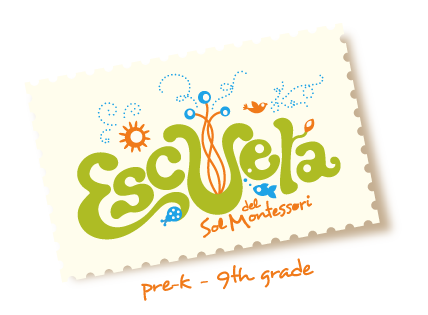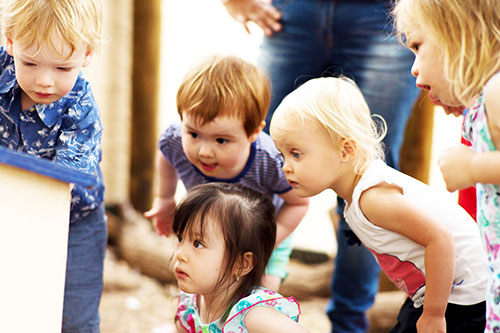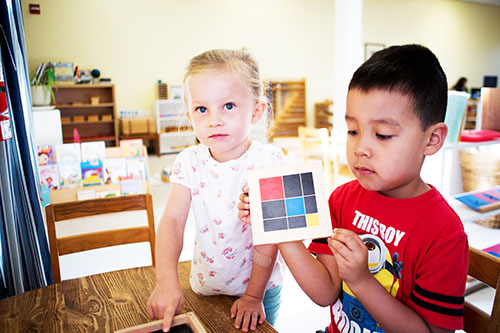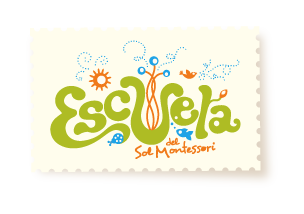By Tanesia Hale-Jones
Adolescent Program Coordinator
Adolescents are driven by these key questions: “Who am I?” “Where do I fit in?” “How can/will I contribute?” These questions are more important than ever as our young people come of age during such a tumultuous and ever-changing time. This year we will be focusing on processing our place and understanding our identities while building skills, learning work management techniques and collaborating in an on-line learning community.
As always, the goal is to guide young people toward personal truth, self-actualization, self-determination and liberation through purposeful work.
The Jr. High Home Learning Workshop centers social justice and anti-racism; we are committed to working at the intersections of science, math, art, language/culture, history, music and activism. The team consists of Ms. Christy Cook, Mr. Casey Mraz, Ms. Emily Schuyler and Ms. Tanesia Hale-Jones.
Classes are designed to be collaborative, discussion driven, and project-based. We will follow a synchronous/asynchronous learning/teaching model this semester. While considering how to structure the Home Learning Workshop major considerations were how to preserve the independence, collective problem-solving and collaboration that is inherent in our in-person community. I decided that now was a good time to think about what “interdisciplinary” and “cross-curricular” truly looked like in practice.
Student learning will focus on ideas that will be supported by lessons, discussions and projects that directly address the BIG idea or driving question. For example, we are currently starting a project about community care. Within this unit students will learn how to make masks (which will be donated to organizations or people who need them), how to implement good self-care habits, and how to identify medicinal plants in English and Spanish. Students will also learn about and discuss topics such as redlining and gentrification, reservations and land sovereignty, as well as studying the history of mutual aid societies and current mutual aid organizations in New Mexico.
Likewise, students will look at the current pandemic and learn about viruses and why there is a need to set up new networks of care. A supplement to our curriculum is Tiffany Jewell’s, This Book is Anti-Racist, which serves as a student textbook and identity guide to help us all frame the work of social justice and identity as we learn about these big ideas.
Other topics this year will include economics, media literacy, creative arts as resistance, healthcare & food systems, to name a few. Our hope is that through this work students learn to see their own agency and feel inspired to participate in creating a more liberated world.






